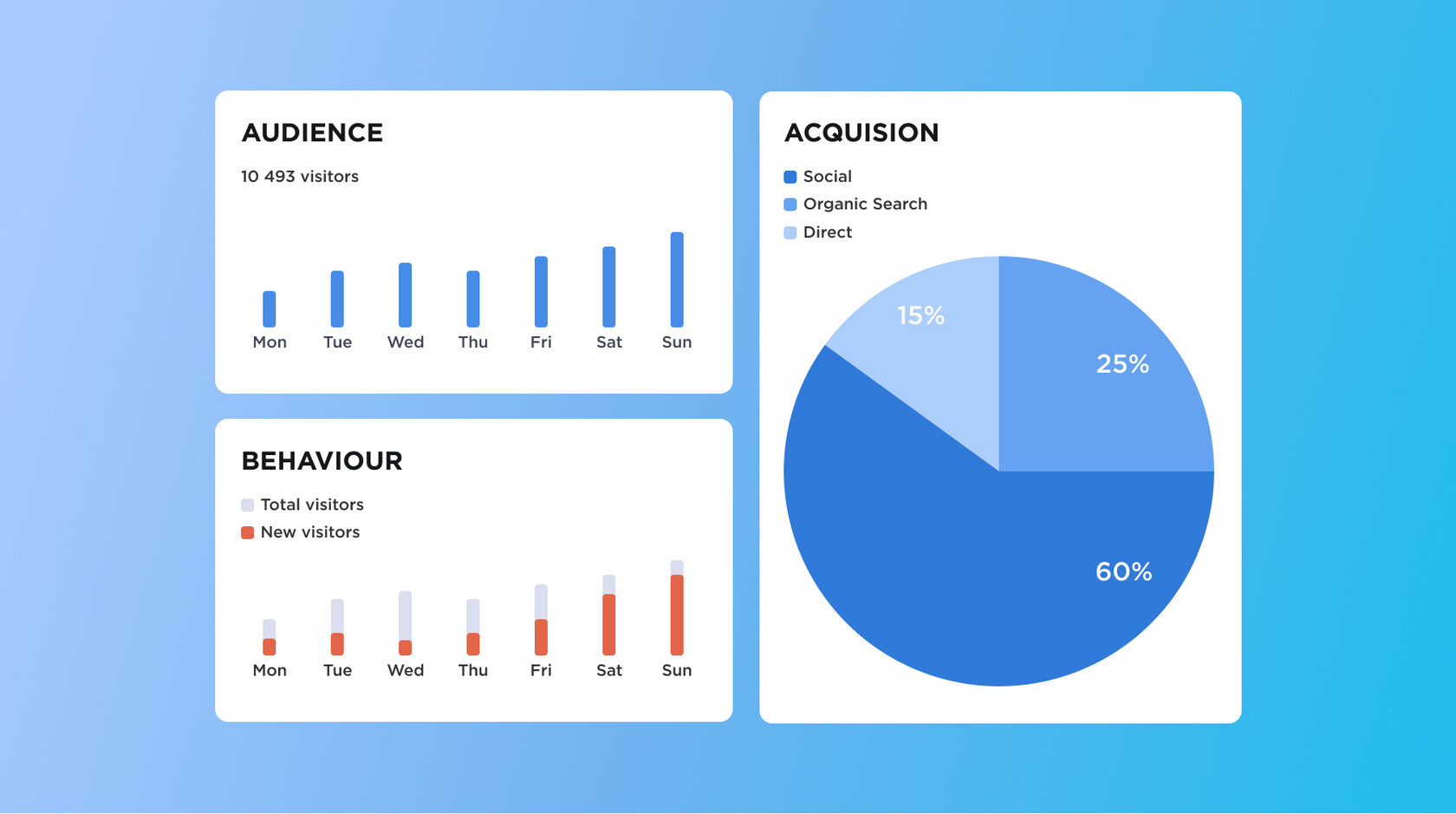Introduction
Definition of KPIs
Key Performance Indicators (KPIs) are quantifiable measures used to evaluate the success of an organization, employee, or specific activity in achieving key business objectives.
Importance of KPIs in Measuring Performance Analytics Success
KPIs are crucial in measuring performance analytics success as they provide objective evidence of progress towards achieving strategic and operational goals. They help organizations focus on what’s important, making it easier to align efforts and resources with business objectives.
Customer Metrics
- Customer Lifetime Value (CLV): Measures the total revenue a business can reasonably expect from a single customer account throughout the business relationship.
- Customer Churn Rate: Indicates the percentage of customers who stop doing business with a company over a specific period. A lower churn rate is generally preferable.
- Net Promoter Score (NPS): A metric that assesses customer loyalty and satisfaction by measuring the likelihood of customers to recommend a company’s products or services to others.
Website and Marketing Analytics
- Conversion Rate: The percentage of visitors to a website who complete a desired action, an essential indicator of marketing effectiveness and customer engagement.
- Return on Investment (ROI): A performance measure used to evaluate the efficiency or profitability of an investment, particularly in marketing campaigns.
- Bounce Rate: The percentage of visitors to a particular website who navigate away after viewing only one page, indicating the quality of the visitor engagement.
Financial Performance
- Revenue Growth Rate: A key indicator of market traction and growth, measuring the rate at which a company’s revenue is increasing over time.
- Cost per Acquisition (CPA): The total cost of acquiring a new customer, encompassing all marketing and sales expenses.
- Gross Profit Margin: A financial metric that assesses a company’s financial health by revealing the proportion of money left over from revenues after accounting for the cost of goods sold.
Data Team Performance
- Data Accuracy: A critical measure of the quality of data, impacting the reliability of business insights and decisions.
- Query Performance: Evaluates the efficiency of data retrieval processes, impacting the timeliness of insights.
- Project Completion Rates: Measures the rate at which data-related projects are completed successfully, indicating the effectiveness and efficiency of the data team.
Conclusion
The Role of KPIs in Driving Organizational Performance
KPIs are instrumental in tracking progress, identifying areas for improvement, and driving organizational performance. They serve as a bridge between strategic objectives and measurable outcomes.
Customizing KPIs Based on Organizational Goals and Industry
While the KPIs listed are widely applicable, it’s essential to tailor them to fit specific organizational goals and the nuances of the industry. Customization ensures that the KPIs are aligned with the unique challenges and opportunities the organization faces.
